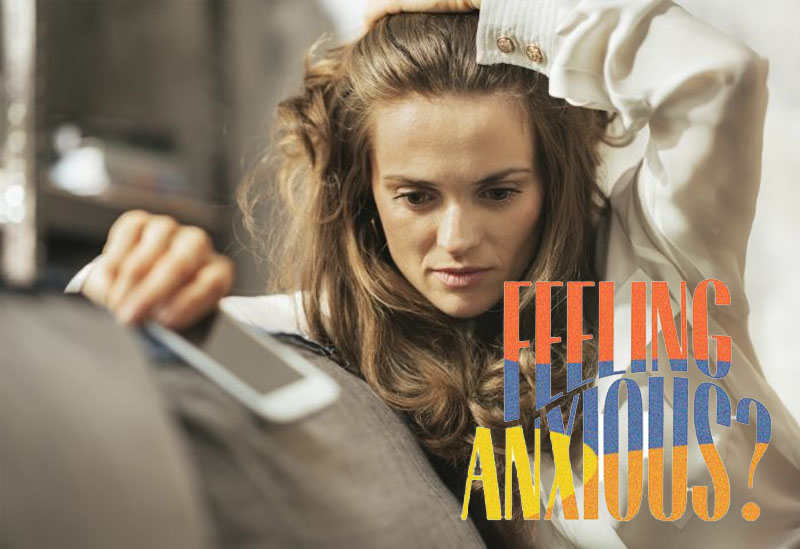There is still a battle to be had by those living with anxiety. Social media is a double-edged sword. It has helped to open people up to the struggles of anxiety and the reality of the impact it can have on people’s lives. But at the same time, the darker sides of social media do nothing for people living with anxiety or depression. We constantly compare our lives to those of celebrities or those we went to school with and who seem to be living the lives of their dreams. It can be overwhelming, deflating and disheartening.

The number of people seeking professional help and therapies to better equip themselves with tools to manage anxiety is rising. So, it goes without saying that trends of our time are looked at as a contributing factor. With everything being digital, everything is instantly accessible. This includes how quickly people can make a judgement on a photograph or make a hurtful comment, as well as the negative influence of visual media, filters, airbrushing and so on. Face filters on social platforms tend to be full of adjustments that make eyes look bigger, skin look flawless and jawlines look thin and unblemished. It’s unrealistic and damaging to self-esteem. No wonder people are seeking ways to help them out of their negative mindsets.
Anxiety is not about being a nervous person, it can involve severe physical and emotional responses to things in everyday life that others might see as trivial or unimportant. And it can take a great amount of courage for a person living with anxiety to ask for help. So, if they do, support them and let them know that they are always safe to seek advice and support. Help them to find support that suits them and their needs. Whether that be meditation techniques, counselling, hypnotherapy or simply talking to a friend or family member, giving someone with anxiety that all important understanding can be crucial.
Here’s what you can do to spot the signs of anxiety, and offer your support:
Spotting the signs:
People living with anxiety might be bad at keeping time. They might often cancel appointments, avoid social activities or interactions, seek validation repeatedly, appear rude by not responding to an invite or a text message, isolate themselves, have trouble eating or sleeping, obsess about their looks and/or talk negatively about themselves. Some will even show signs of self-harm, excessive nail-biting or pulling hair.
Do’s & Don’ts:
Don’t be hard on them if they cancel on you. Don’t tell them to get over it, or that they’ll be fine. Offer understanding. Ask them if they have looked into any help and support. Help them to find the right support, if and when they’re ready. Tell them it’s OK to feel how they feel and allow them to express themselves without judging them. Let them know that they are safe, and ask if there’s anything you can do to help.











